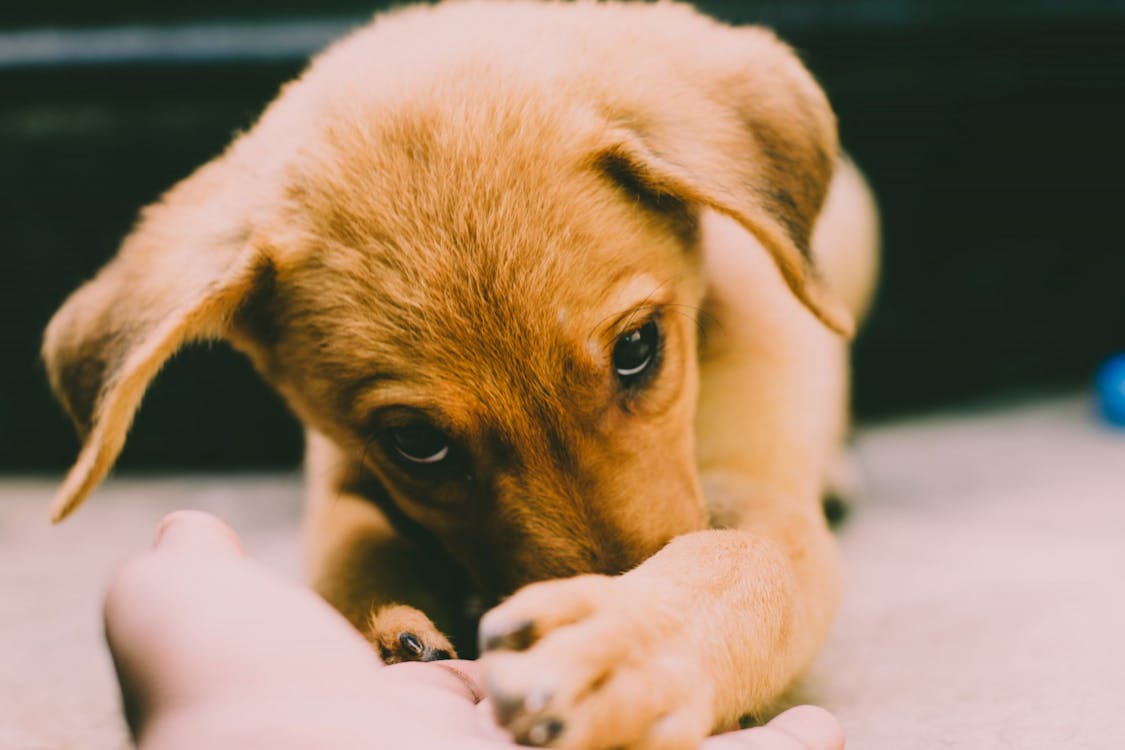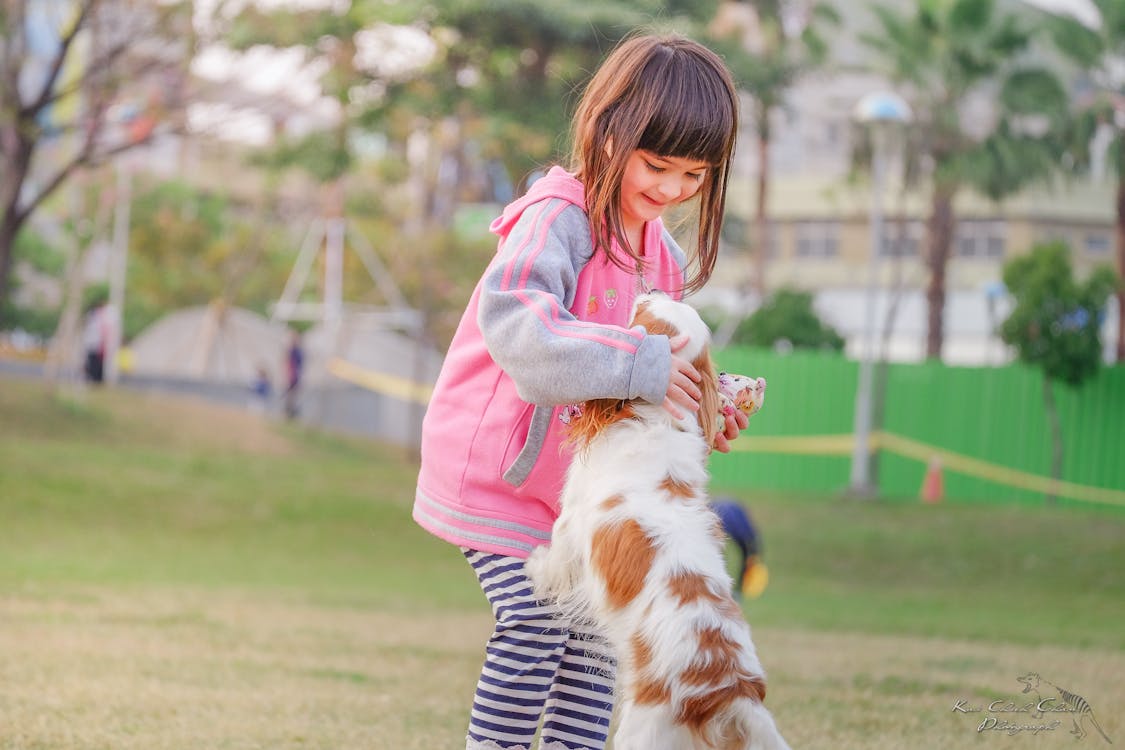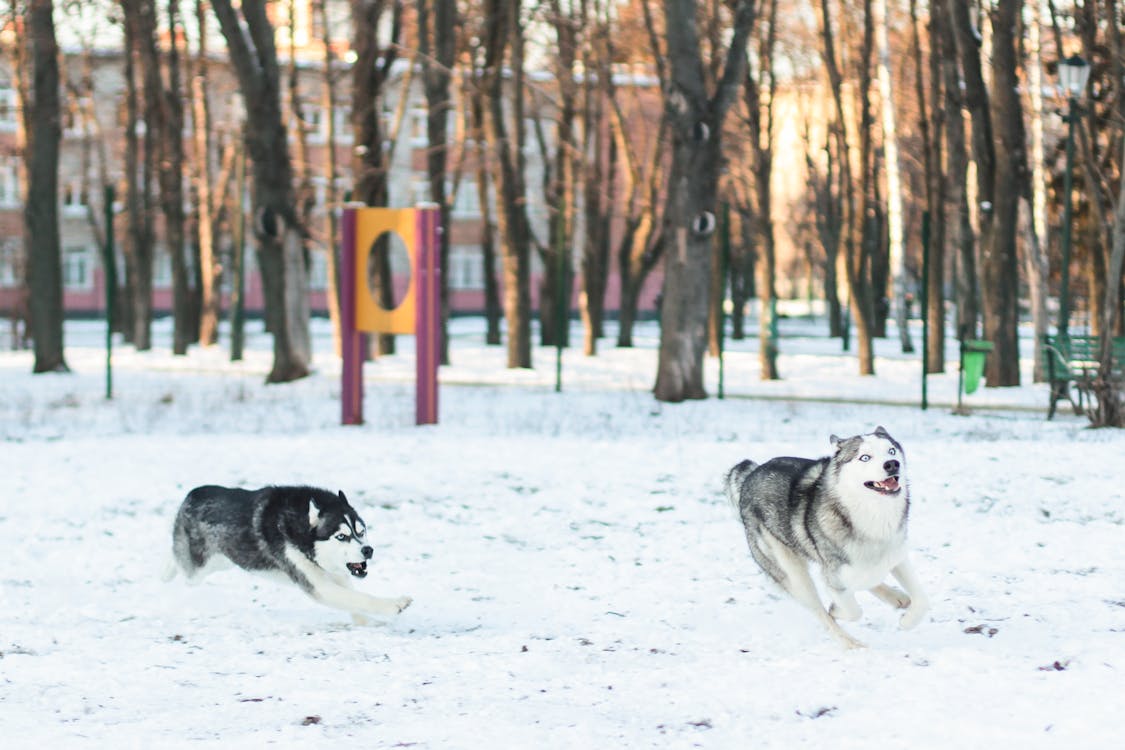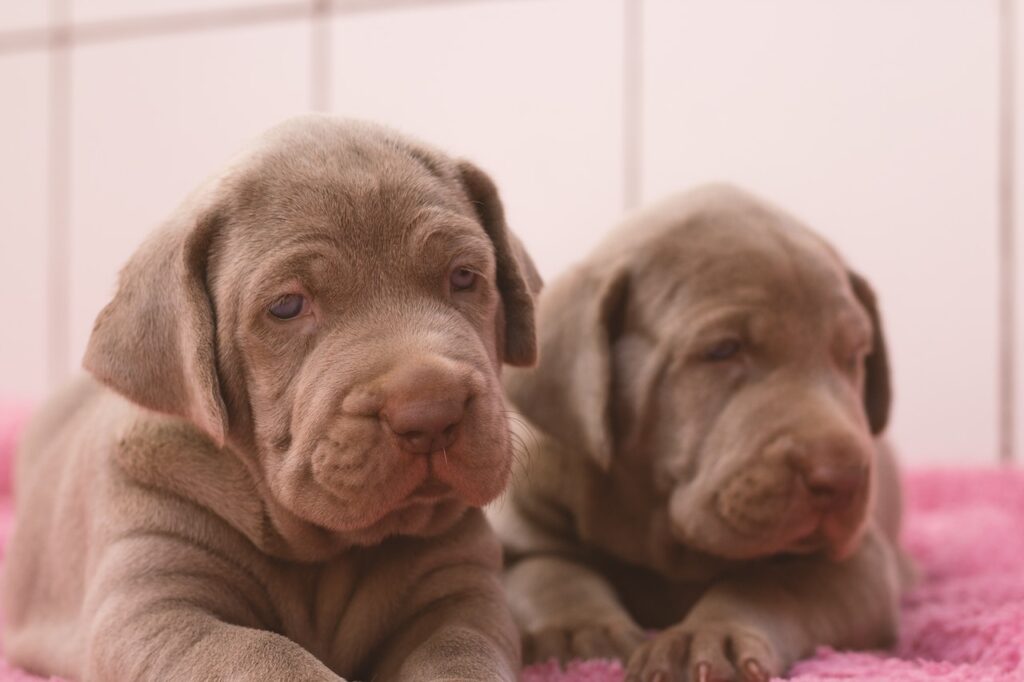Welcoming a young puppy into your home is an exciting and heartwarming experience. However, it also comes with great responsibility to ensure the puppy’s well-being and proper development. Proper handling and interactions with young puppies are crucial in building a strong foundation for their future behavior and socialization. During this critical stage of their lives, gentle, positive, and respectful interactions can instill trust, confidence, and a positive outlook on the world. In this article, we will explore the essential aspects of handling and interacting with young puppies to help them grow into happy, well-adjusted adult dogs.
Understanding the Importance of Early Socialization

Socialization is the process of exposing a young puppy to various people, environments, sights, and sounds, helping them adapt and become confident in different situations. Early socialization, which occurs between 3 and 16 weeks of age, is a crucial period that shapes a puppy’s behavior and temperament throughout its life. Proper handling and positive experiences during this time will lead to a well-socialized, friendly, and resilient adult dog.
Respectful and Gentle Handling
Handling young puppies should always be done with respect and gentleness. Puppies are delicate, and their bones and muscles are still developing. When picking up a puppy, support their chest and hindquarters to prevent any strain or injury. Avoid lifting them by the scruff of the neck, as this is outdated and potentially harmful.
Encouraging Positive Associations

Creating positive associations with handling is vital to ensure that puppies feel safe and comfortable being touched by humans. Offer treats and use a soft, reassuring tone while handling them. Regularly touch their paws, ears, and other body parts, so they become accustomed to human touch, making grooming and veterinary visits easier in the future.
Gentle Play and Interaction
Young puppies love to play, and playtime is a critical aspect of their early development. Engage in gentle play sessions, using appropriate toys that are safe for their age and size. Avoid any rough play or aggressive games that could potentially lead to negative behaviors or fear.
Introducing New Environments

Exposing puppies to different environments is a key part of their socialization. Gradually introduce them to various surfaces, such as grass, concrete, wood, and different textures. This exposure helps puppies adapt to different environments, reducing the likelihood of fear or anxiety in new situations later on.
Controlled Socialization with Other Animals
Interactions with other animals, especially well-mannered adult dogs, can be beneficial for young puppies’ social development. However, these interactions should be controlled and supervised to ensure safety and positive experiences. Allow the puppy to interact with friendly, vaccinated dogs in a controlled environment, and intervene if any negative interactions occur.
Monitoring Play with Children

If you have children in the household, it’s essential to teach them how to properly handle and interact with the puppy. Supervision is crucial to ensure that play remains gentle and safe for both the puppy and the children. Teach children not to pull the puppy’s tail, ears, or fur, and to give the puppy space when it needs to rest.
Gradual Exposure to Strangers
Meeting new people is an essential part of socialization for young puppies. Gradually expose them to different individuals, including men, women, children, and individuals with different appearances and characteristics. It’s essential to ensure that the interactions are positive and that the puppy does not become overwhelmed or frightened.
Positive Reinforcement Training

Training is an integral part of a puppy’s development, and positive reinforcement methods are highly effective and recommended. Use treats, praise, and affection to reward desired behaviors, helping the puppy understand what is expected of them. Avoid punishment-based training methods, as they can create fear and anxiety in the puppy.
Recognizing Signs of Stress and Fear
While socialization is essential, it’s crucial to be mindful of the puppy’s comfort and stress levels. Some signs that a puppy may be feeling stressed or fearful include trembling, panting, hiding, excessive yawning, or trying to escape from a situation. If you notice any of these signs, remove the puppy from the situation and offer comfort and reassurance.
Proper handling and interactions with young puppies are fundamental in shaping their behavior and social development. The early weeks and months of a puppy’s life present a critical window for socialization and positive experiences, which lay the foundation for their future as confident, well-adjusted adult dogs. Always handle puppies with gentleness and respect, providing positive reinforcement to create positive associations with various situations and stimuli. Controlled and supervised socialization with other animals and people, including children, helps puppies learn appropriate behaviors and build trust with different individuals. By investing time and effort in the early stages of a puppy’s life, we can ensure they grow into happy, well-socialized companions, enriching both their lives and ours for years to come.


